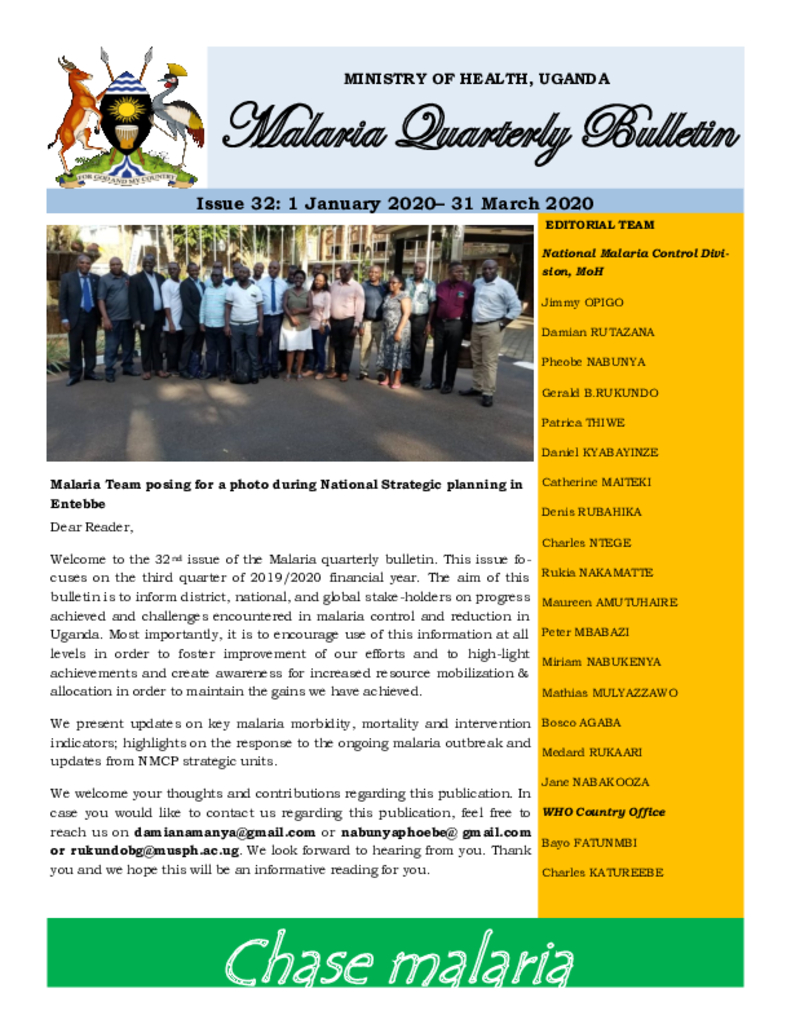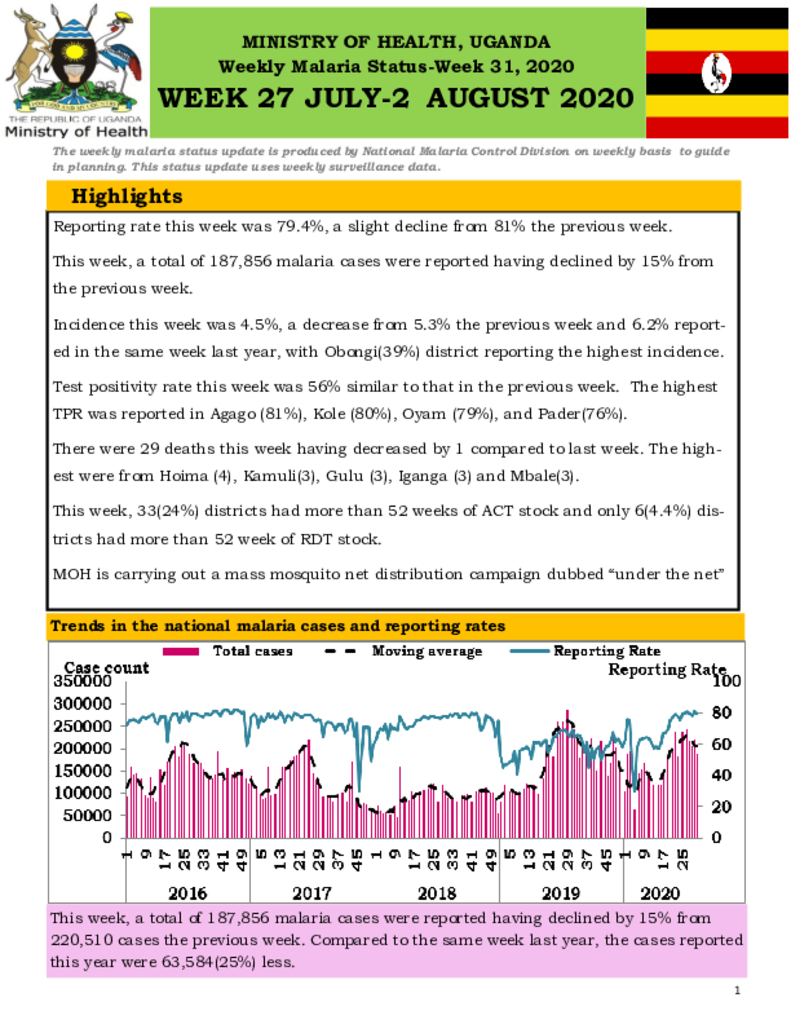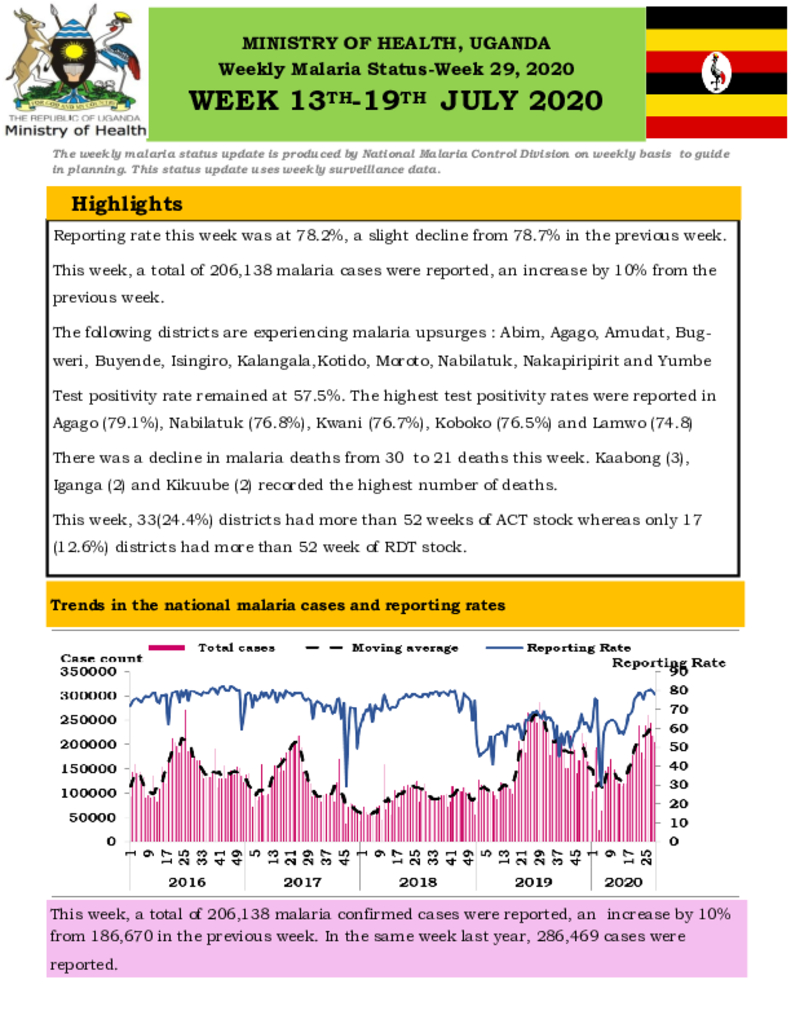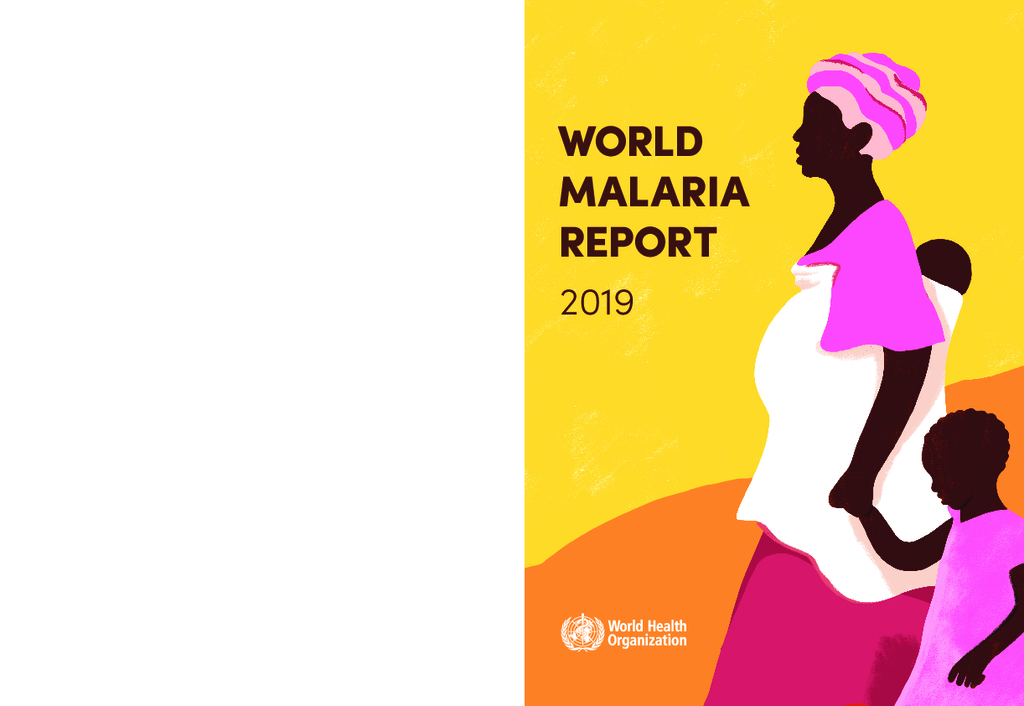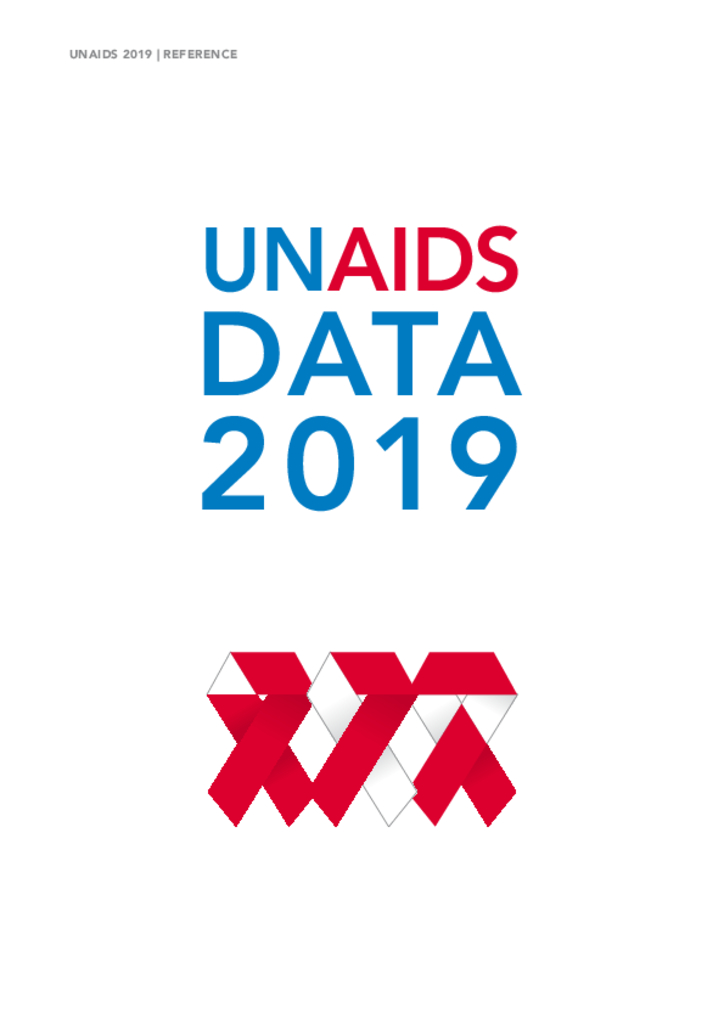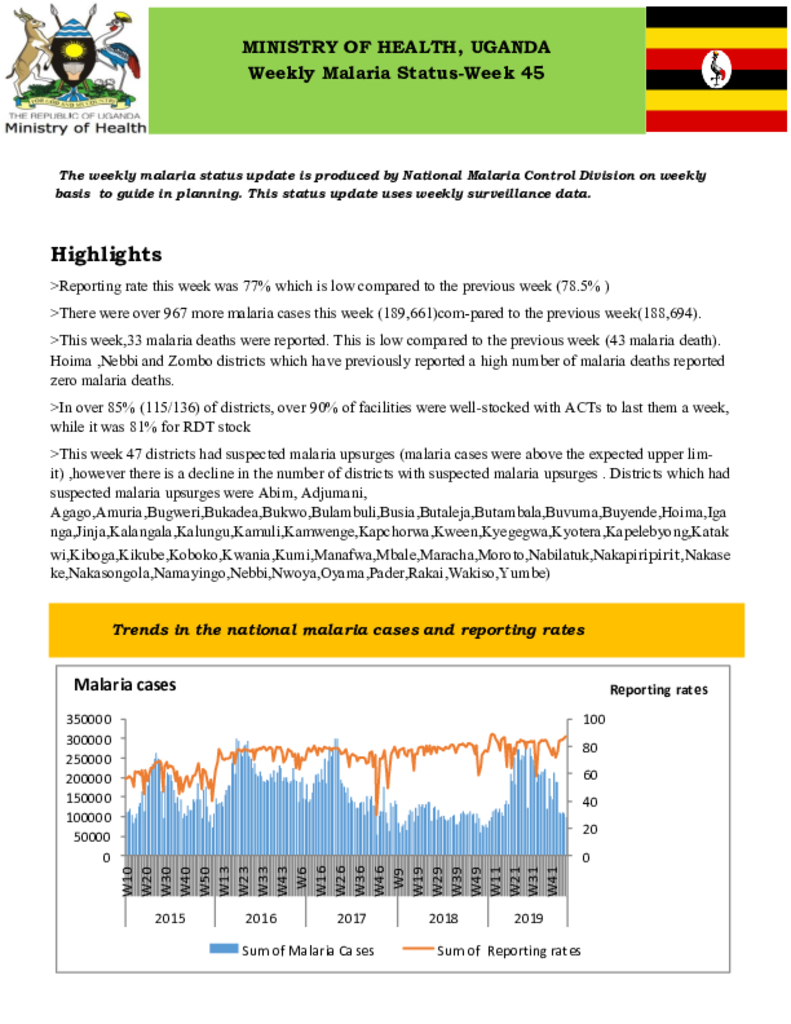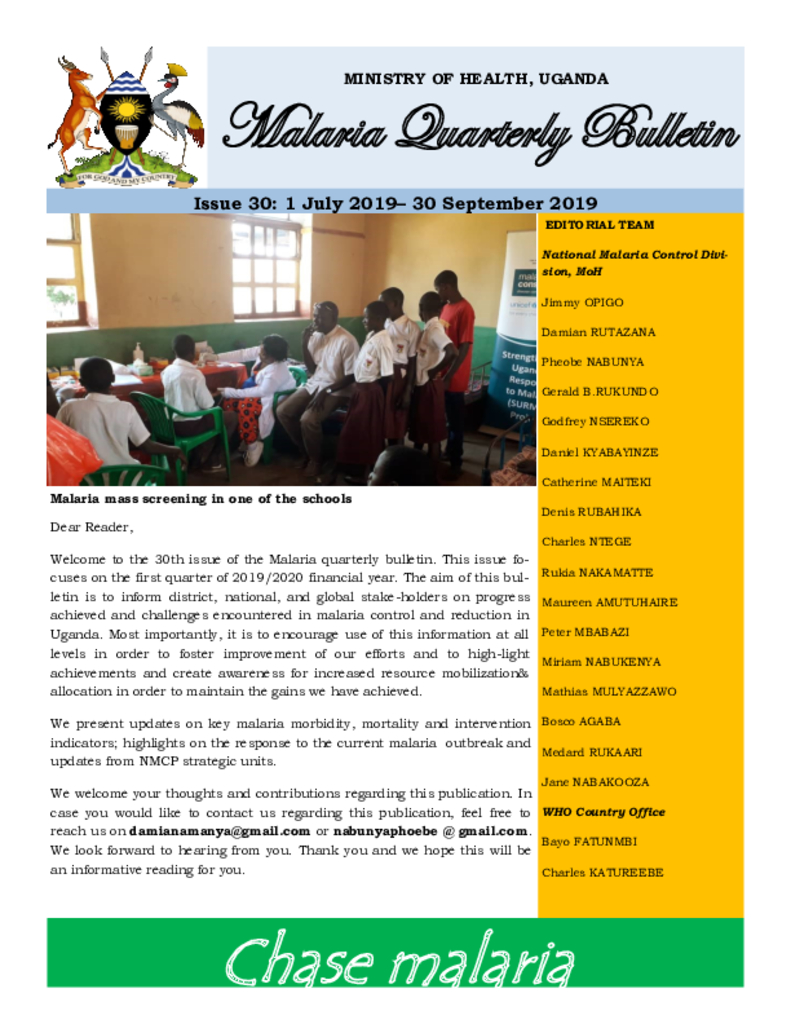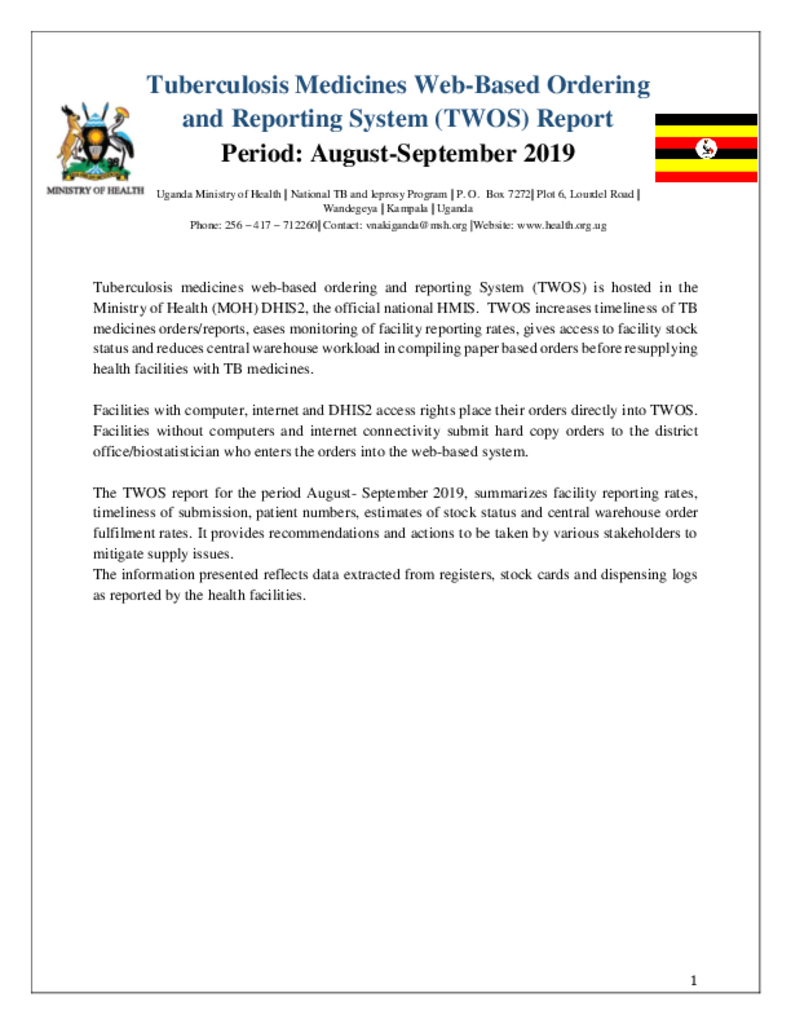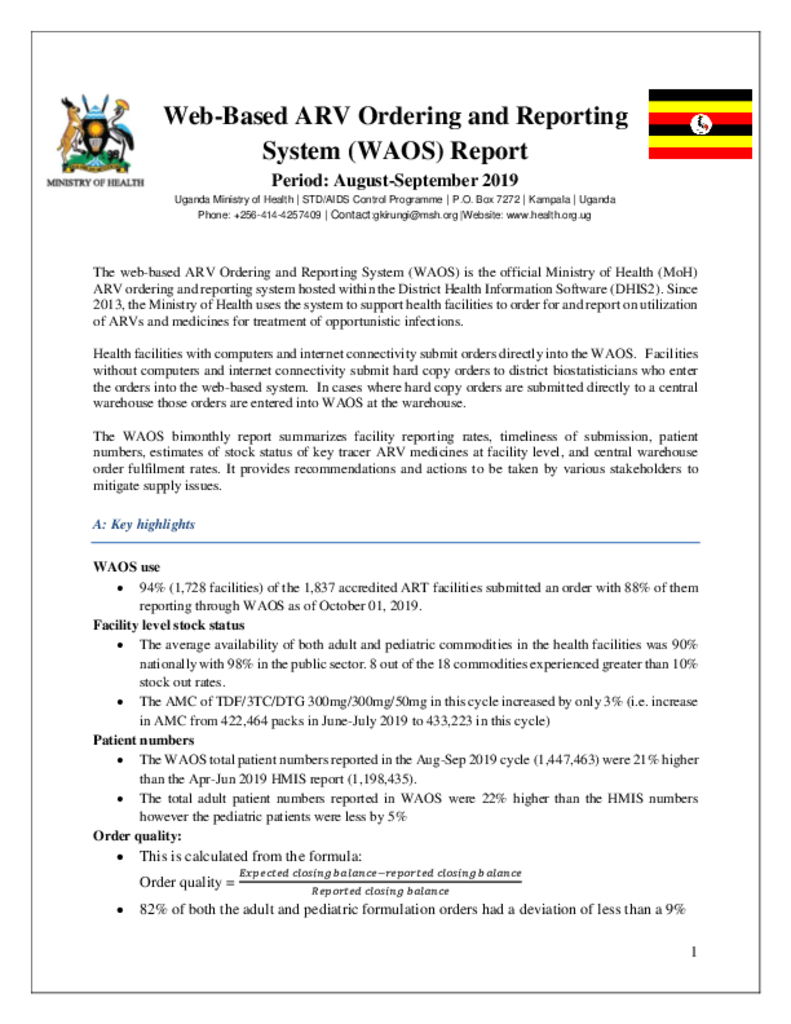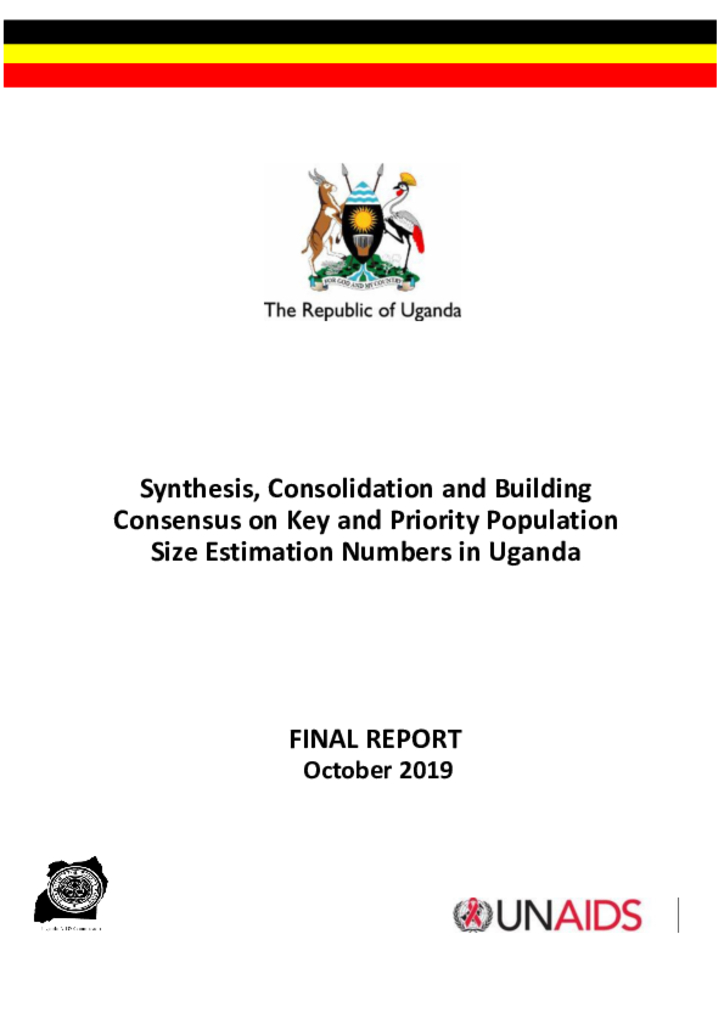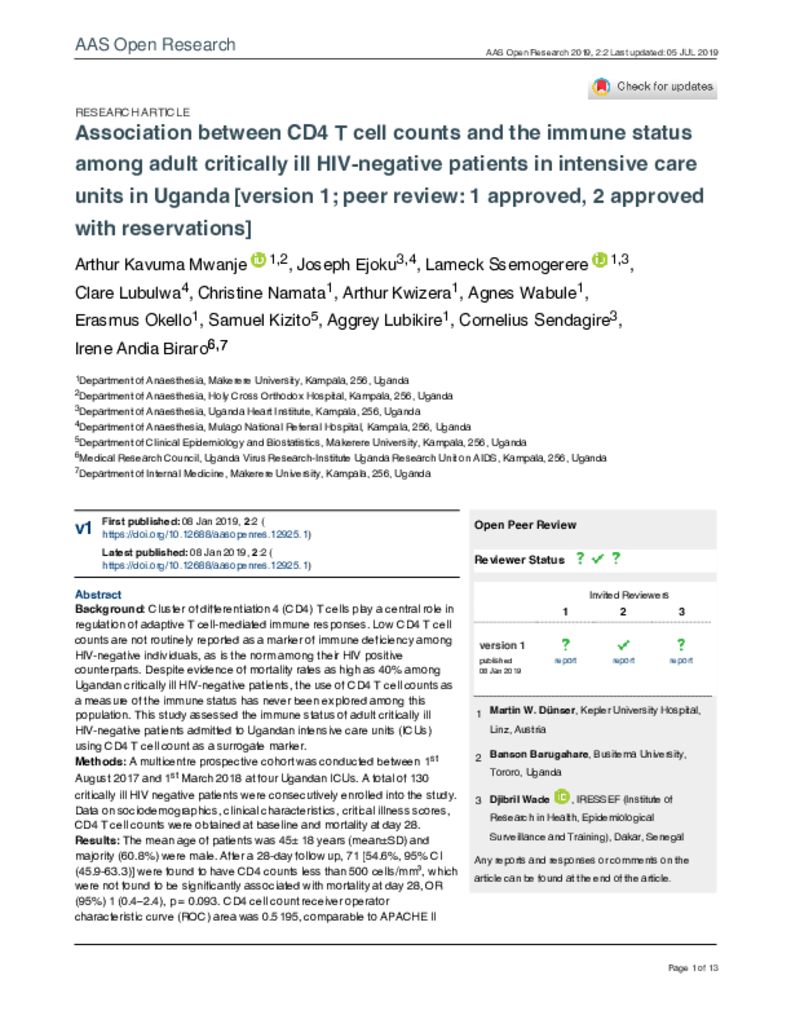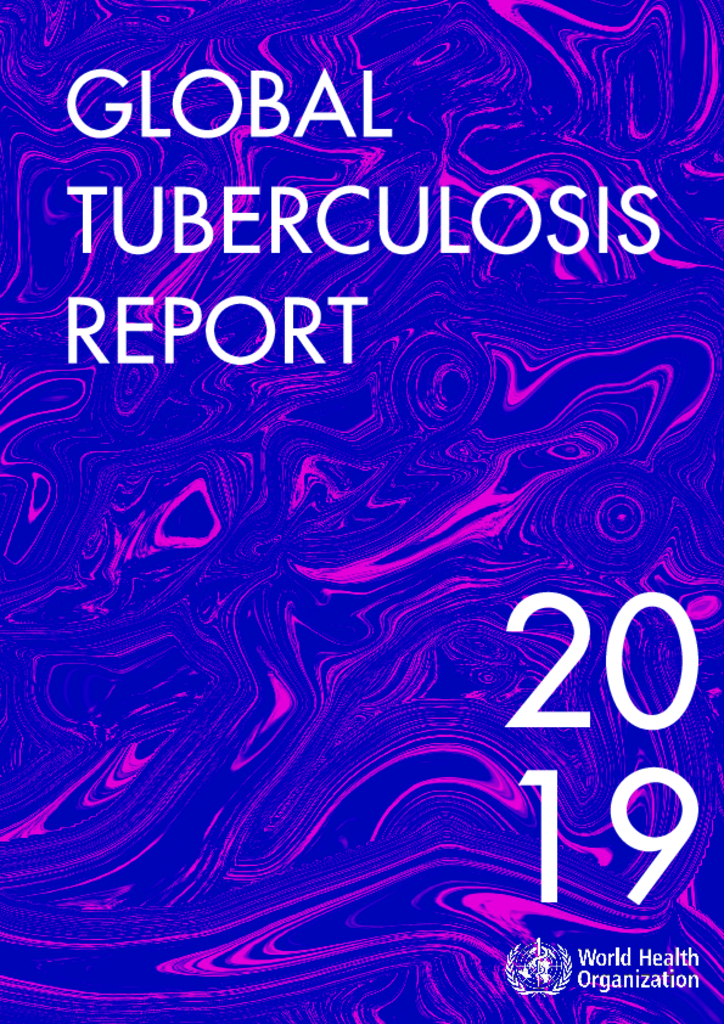This issue focuses on the third quarter of 2019/2020 financial year. The aim of this bulletin is to inform district, national, and global stake-holders on progress achieved and challenges encountered in malaria control and reduction in Uganda. Most importantly, it is to encourage use of this information at all levels in order to foster improvement of our efforts and to high-light achievements and create awareness for increased resource mobilization & allocation in order to maintain the gains we have achieved.
Reporting rate this week was 79.4%, a slight decline from 81% the previous week. This week, a total of 187,856 malaria cases were reported having declined by 15% from the previous week. Incidence this week was 4.5%, a decrease from 5.3% the previous week and 6.2% reported in the same week last year, with Obongi(39%) district reporting the highest incidence. Test positivity rate this week was 56% similar to that in the previous week. The highest TPR was reported in Agago (81%), Kole (80%), Oyam (79%), and Pader(76%). There were 29 deaths this week having decreased by 1 compared to last week. The highest were from Hoima (4), Kamuli(3), Gulu (3), Iganga (3) and Mbale(3). This week, 33(24%) districts had more than 52 weeks of ACT stock and only 6(4.4%) districts had more than 52 week of RDT stock. MOH is carrying out a mass mosquito net distribution campaign dubbed “under the net”
Reporting rate this week was at 78.2%, a slight decline from78.7% in the previous week.This week, a total of 206,138 malaria cases were reported, an increase by 10% from the previous week.The following districts are experiencing malaria upsurges : Abim, Agago, Amudat, Bug-weri, Buyende, Isingiro, Kalangala,Kotido, Moroto, Nabilatuk, Nakapiripirit and Yumbe Test positivity rate remained at 57.5%. The highest test positivity rates were reported in Agago (79.1%), Nabilatuk (76.8%), Kwani (76.7%), Koboko (76.5%) and Lamwo (74.8)
The report also tracks a set of indicators outlined in the Roll Back Malaria (RBM) advocacy plan, Action and investment to defeat malaria 2016–2030 (AIM) (2) and the Sustainable Development Goals (SDGs) (3) – a set of interconnected global goals seen as a plan of action for people, the planet and prosperity (Fig. 1.2). The report highlights the various ways investment in the fight against malaria contributes to the SDGs and the aligned WHO “triple billion” targets of the 13th General programme of work (GPW13) (4) (Fig. 1.3)
Globally, new HIV infections among young women aged 15–24 years were reduced by 25% between 2010 and 2018. This is good news, but of course it remains unacceptable that every week 6000 adolescent girls and young women become infected with HIV. The sexual and reproductive health and rights of women and young people are still too often denied.
Reporting rate this week was 77% which is low compared to the previous week (78.5% ) There were over 967 more malaria cases this week (189,661)com-pared to the previous week(188,694).This week,33 malaria deaths were reported. This is low compared to the previous week (43 malaria death). Hoima ,Nebbi and Zombo districts which have previously reported a high number of malaria deaths reported zero malaria deaths. In over 85% (115/136) of districts, over 90% of facilities were well-stocked with ACTs to last them a week, while it was 81% for RDT stock This week 47 districts had suspected malaria upsurges (malaria cases were above the expected upper limit) ,however there is a decline in the number of districts with suspected malaria upsurges . Districts which had suspected malaria upsurges were Abim, Adjumani ,Agago ,Amuria, Bugweri, Bukadea, Bukwo, Bulambuli, Busia, Butaleja, Butambala, Buvuma, Buyende, Hoima, Iganga, Jinja, Kalangala, Kalungu, Kamuli, Kamwenge, Kapchorwa, Kween, Kyegegwa, Kyotera, Kapelebyong, Katakwi, Kiboga, Kikube, Koboko, Kwania, Kumi, Manafwa, Mbale, Maracha, Moroto, Nabilatuk, Nakapiripirit, Nakaseke, Nakasongola, Namayingo, Nebbi, Nwoya, Oyama, Pader, Rakai, Wakiso, Yumbe)
This issue focuses on the first quarter of 2019/2020 financial year. The aim of this bulletin is to inform district, national, and global stake-holders on progress achieved and challenges encountered in malaria control and reduction in Uganda. Most importantly, it is to encourage use of this information at all levels in order to foster improvement of our efforts and to high-light achievements and create awareness for increased resource mobilization & allocation in order to maintain the gains we have achieved.
The TWOS report for the period August- September 2019, summarizes facility reporting rates, timeliness of submission, patient numbers, estimates of stock status and central warehouse order fulfilment rates. It provides recommendations and actions to be taken by various stakeholders to mitigate supply issues
Facility reporting rates are calculated based on the total number of active ART facilities as of 1st October 2019. An ART facility is considered active if it submitted at least one order and or report in the last twelve months. The reporting rates for this cycle were 99% for PNFP facilities, 90% for PFP facilities and 93% for the government facilities.
Despite marked advancement in prevention, care and treatment, HIV in Uganda continues to exert severe constraints on the public health and economic well-being of a sizeable proportion of the population. The type of HIV epidemic in Uganda is described as severe, mature, and generalized but with sub-epidemics in different key, priority and other populations. Key populations are described by WHO and UNAIDS as those populations which are at higher risk for HIV irrespective of the epidemic type or local context and which face social and legal challenges that increase their vulnerability
This year’s global TB report reveals that countries are making progress. About 7 million people were reported to have been reached with quality TB care in 2018, up from 6.4 million in 2017. In addition, TB-related deaths dropped from 1.6 million in 2017 to 1.5 million in 2018. However, TB remains the top infectious killer worldwide, with 10 million people falling ill with TB in 2018. Although some countries are significantly accelerating
